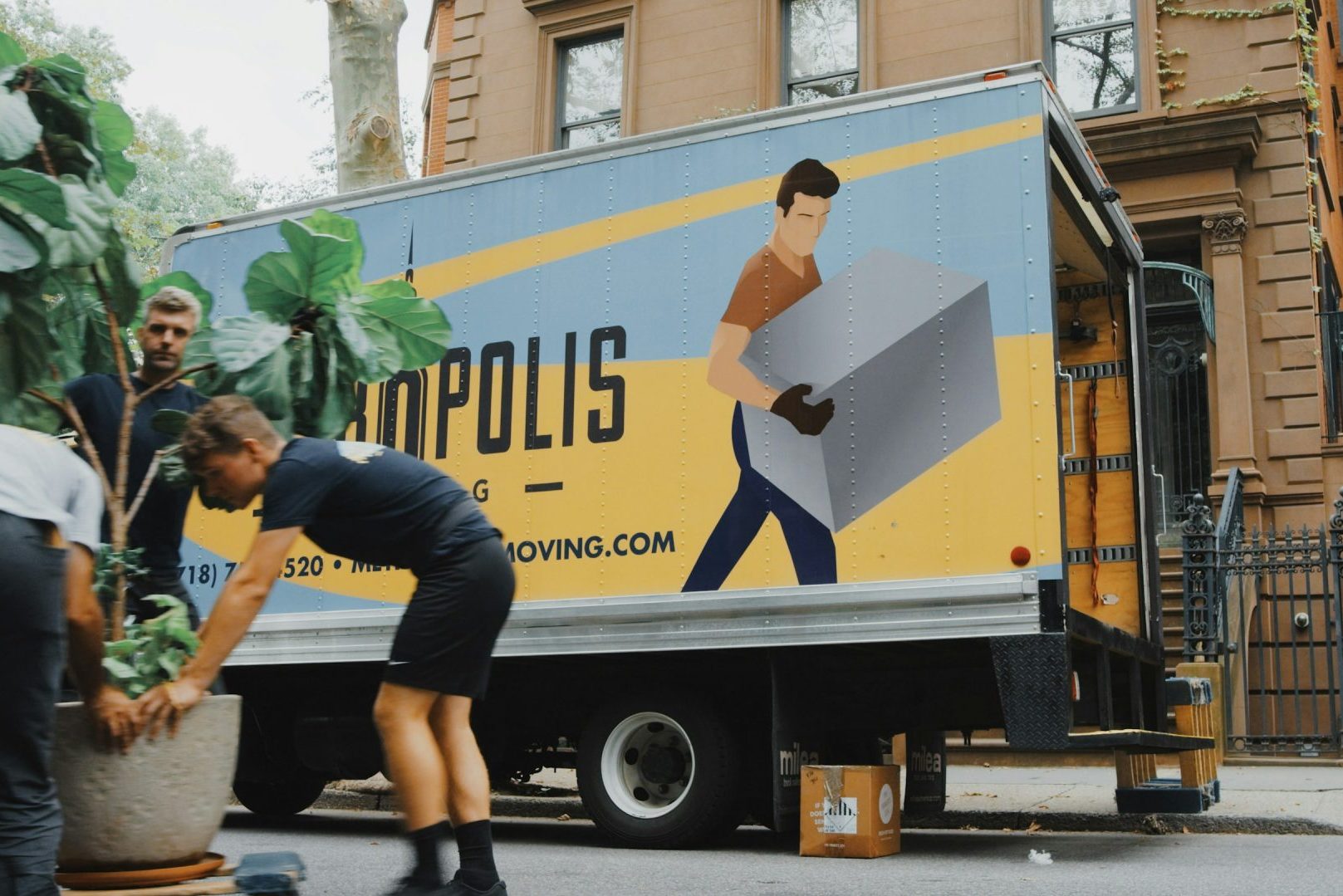Frequently Asked Questions
View our Frequently Asked Questions below or contact us for any other questions.
What is a holding deposit and why should I pay it?
It is an amount paid by the purchaser to show that you are genuinely interested in purchasing the property.
What is settlement?
Settlement occurs when all parties meet to exchange various documents for the purpose of affecting registration. Title passes when the Transfer of Land Form is registered, this does not necessarily occur on the same day as settlement.
What are adjustments?
Adjustments is the calculation of your portion of various rates (water, council etc) on to the property. The vendor would have paid his or her bill for a particular period but will not receive full benefit from payment because they are likely to move out before the end of billing period. It is the purchaser’s reimbursement for the vendor’s payment of rates. Adjustments are an important step to the conveyancing process and is typically performed by the purchaser’s conveyancer.
How much is the deposit?
It may vary but is usually 10%.
When do I sign the contract of sale?
The contract is signed after you have thoroughly read the section 32. A contract is signed by both parties after the vendor accepts the purchaser’s offer and when both parties agree to the terms of the contract. It can be signed either before or after a property lawyer or conveyancer has had the chance to read it. The conveyancer or solicitor is engaged to perform preliminary negotiations to guarantee protection in the event of default or conflict.
What happens to the deposit after I’ve paid it?
The deposit is typically held by the real estate agent and held on trust until eligible for release to the vendor.
What is a caveat?
A caveat is a notice which appears on the property’s title. A caveat is placed on title where you have an interest in the property. It has the effect of telling people that you have such an interest in the property.
How much is stamp duty?
You can find out how much stamp duty costs by using our calculator here or using the State Revenue Office’s stamp duty calculator here
Do I have to attend settlement?
Your conveyancer or solicitor will attend settlement. You do not need to attend. We will notify you as soon as the conveyancing process is complete and settlement has occurred. You can then arrange to collect your keys.
When can I collect the keys?
They are usually collected from the real estate agents. You can collect your keys as soon as the vendor’s solicitor or conveyancer gives notice that settlement has occurred.
What is a written offer to purchase real estate in Victoria?
A written offer to purchase real estate in Victoria is usually the purchaser’s signing of the contract. The contract will be completed with the purchaser’s offer price, settlement time frame and include any special conditions or requirements. The Vendor counter signing is the act of acceptance. At this point the contract is “exchanged” and binding on both parties. In some instances, an agent may require the purchaser to sign a written letter of offer prior to the purchaser signing the contract of sale.
Breaking the contract after the cooling off period
Can you break the contract after the cooling off period has expired? No, unless you have other conditions in the contract which allow you to end the contract should an event occur or not occur; for example finance clauses which allow you to end the contract should your finance not be approved within a specific time frame.
Changing your offer after signing the contract
You can change your written offer after signing the contract provided that the vendor has not agreed to your offer. Arguably, the vendor need not have signed the contract in order for the contract to be binding.



